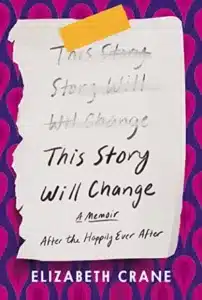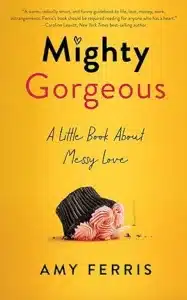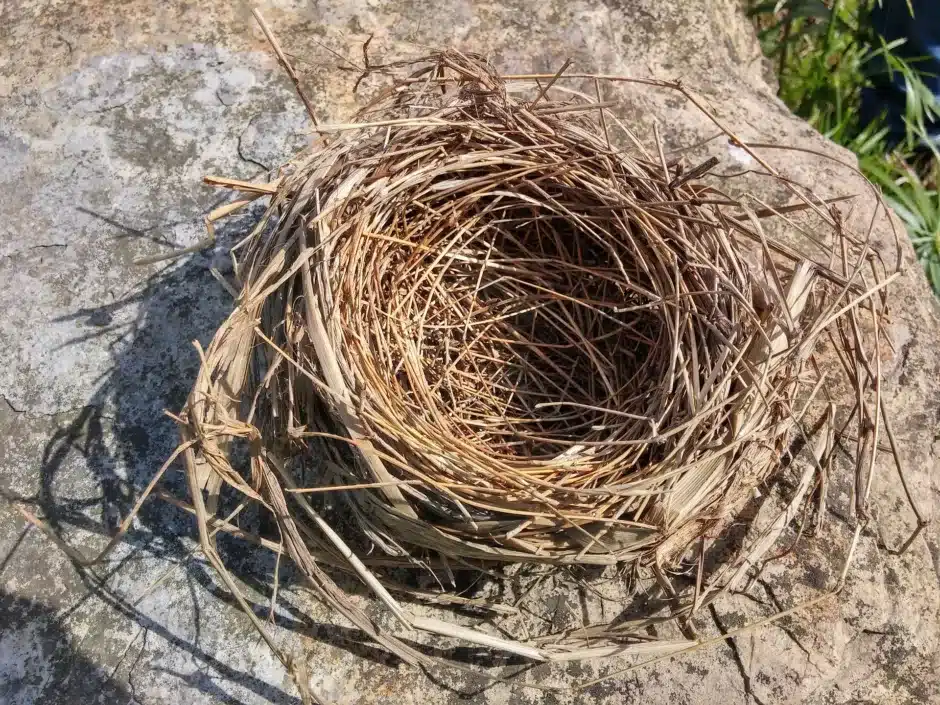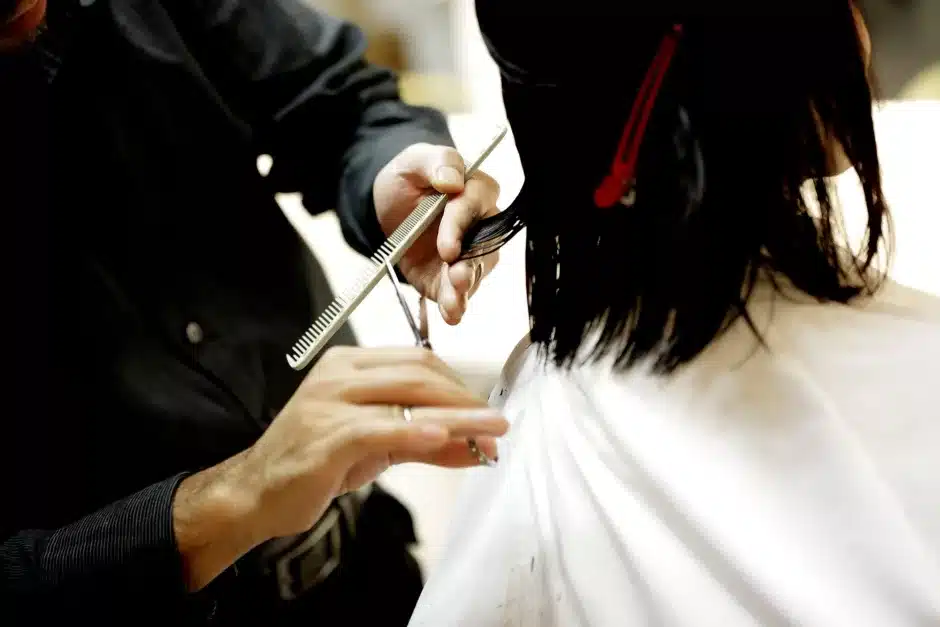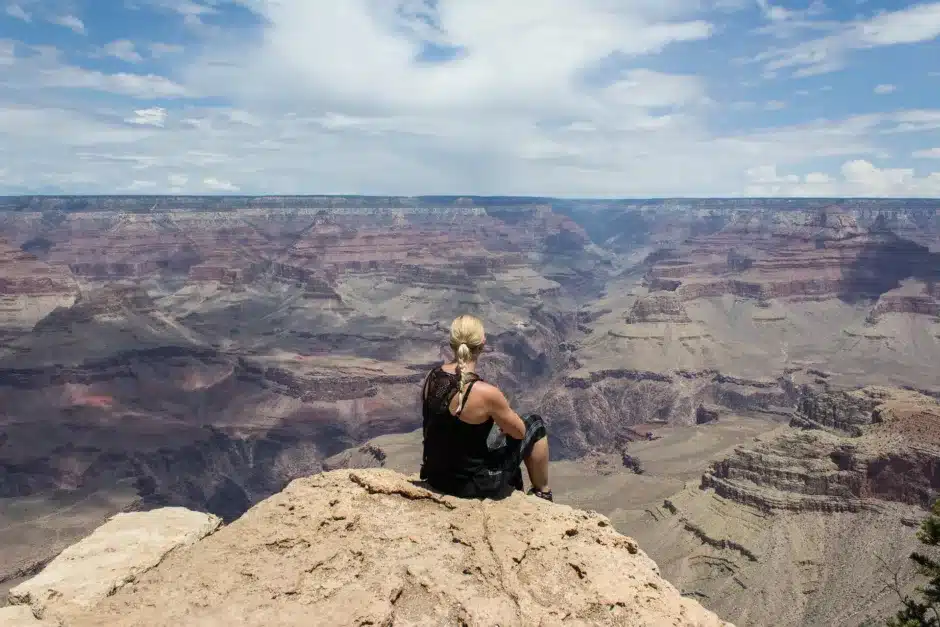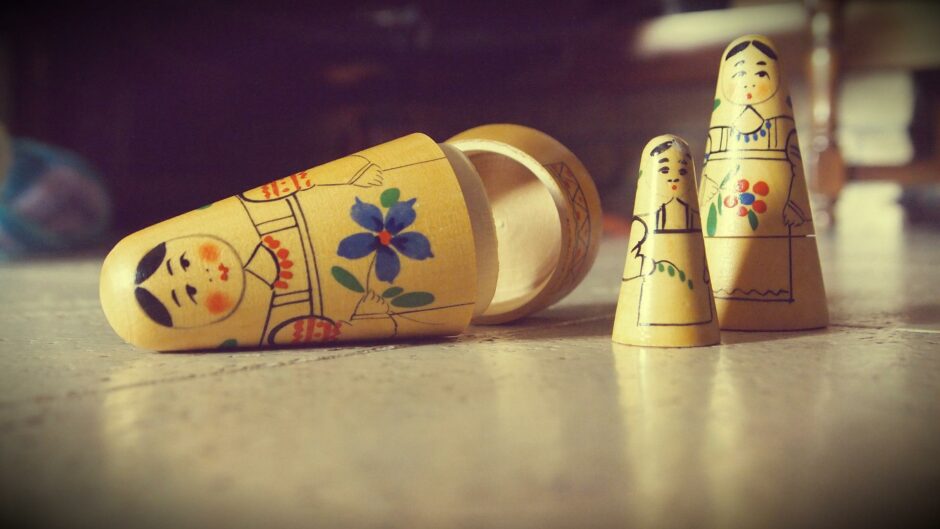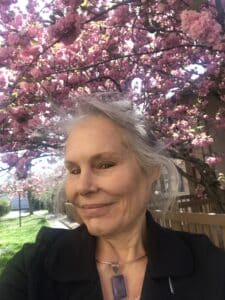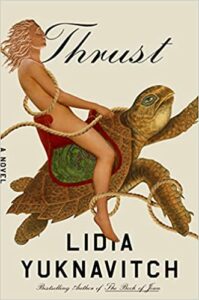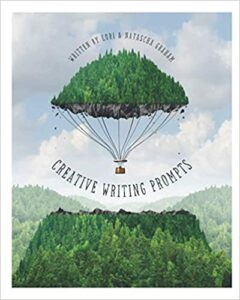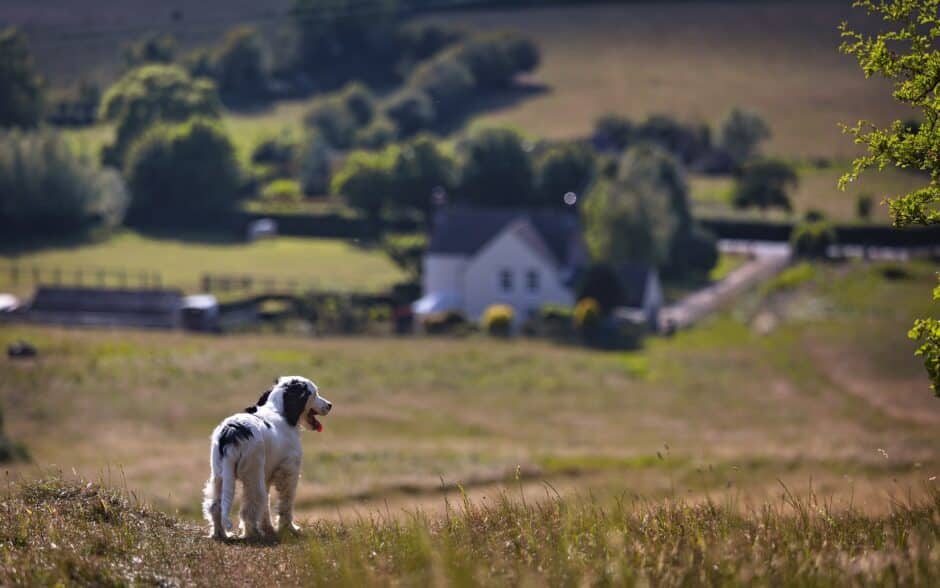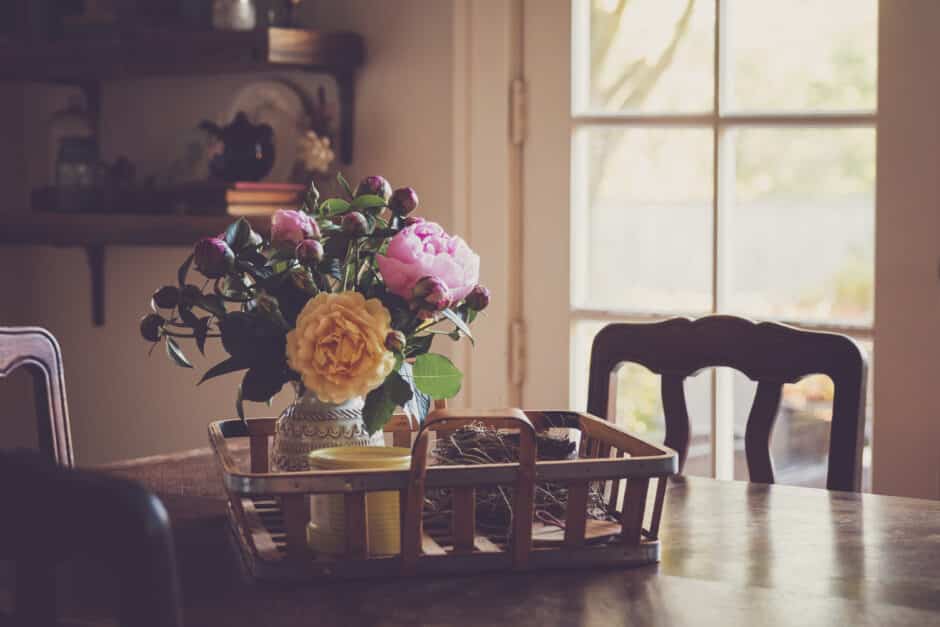It was the English composer Ralph Vaughan Williams’ music score for the film, “Scott of the Antarctic”, scored for a soprano soloist, women’s chorus, organ and wind machine, as much as the cinematography, that triggered my interest in Antarctica. I loved the film so much that I never forgot when I’d finally seen it and thought of it wistfully every subsequent year. That was in December 1954 when I was 14, in Thurso, the northernmost town on the mainland of Scotland, where I grew up.
My first marriage ended in divorce after my then-wife got the wrong idea when I’d taken a purely platonic female friend to a concert in London. The concert was a performance of Vaughan Williams’s Sinfonia Antartica. That rang a bell for me. What was it about Antarctica that was affecting my life every few decades or so? Various fortune tellers had told me that I was blessed with a strong sense of intuition and that I should listen to “my voices”. But they weren’t so much “voices” but more feelings that felt like they couldn’t be ignored. I chose not to ignore them.
Ten years after my divorce, I‘d been summoned to a hospital near my hometown where my mother had just suffered a debilitating stroke. After holding her hand and talking to her every afternoon for two months, she died in my arms, I took her wedding ring and for some unknown reason, placed it in my trusty leather purse, to carry with me wherever I went.
A week later I booked my first expedition to the Antarctic with a company called Clipper Cruises. Their ”World Discoverer” cruise vessel was all of 3,500 tons. How was that going to be when we crossed the infamous Drake Passage, I wondered?
The morning before the cruise, I joined all the other excited travelers on the patio of the Sheraton Hotel in Santiago, Chile for a buffet breakfast. That was when it all fell into place.
She was standing all on her own, away from everyone else. I could empathize with her desire for solitude. Nevertheless, I approached her with the pathetic chat up line, “You look like you’ve come from a cold climate.” As it was about 34 degrees C that summer morning in the southern hemisphere, I had dressed in shorts and open sandals. She was in heavy boots, with woolen socks, a thick jacket, and an anorak.
“Well, it’s winter in New York,” she said. “You’ll be in trouble when we get to Antarctica, but I could always lend you some warmer clothes if you like.” She gave me a cheeky smile that immediately warmed my heart. After a very short chat about her plans for the day, she stopped me with, “You’ll have to excuse me now. I have to call my mother to let her know I’ve arrived safely.”
And then she was gone. What was her name? No idea. What about her room number? No idea, too forward a question anyway, but I remembered she did say she might go on the city tour.
We both chose the last bus for the tour of the city, which was practically empty. I didn’t think I could suddenly sit beside her but I did sit on the opposite side of the aisle to her seat. During the tour of Santiago, the bus stopped every now and again to let us all get off the bus to walk to various important sites or viewing points. I followed her around like a lost dog; too shy to speak to her and too frightened of being rejected. What must she have thought of me, I wondered?
The next day we checked in to our charter flight to the Falkland Islands where we would board our small 3,500-ton expedition vessel. I did manage to have a brief conversation with her and learned that her name was Eileen, but our allocated seats were widely separated on the charter flight. During the flight I left my seat and walked up the aisle.
I found Eileen near at the forward exit of our plane—sitting on the floor of the airplane. She had been sitting in the last non-smoking row of the aircraft but was still surrounded by the cigarette smoke from the rows behind her. She decided her new location would be much preferrable.
“That was a short takeoff run we just made,” I said, doing my best to make conversation.
“Yes, it was only 24 seconds,” she replied.
“What? You timed the take off?” I exclaimed. “So do I, every time.” I was amazed. Was that serendipity or just another sign, I wondered.
During our first briefing on board the ship we were advised to choose a “buddy” so that, as a safety measure, we could walk together during all our shore excursions. Eileen asked me if I would be her “buddy”. My heart leapt and I immediately replied in the affirmative. After that we became inseparable and people quickly began to think we had come on board as a couple.
***
Thirteen days later, at the end of the Cruise, I accompanied Eileen to the Santiago Airport check-in desk as she was about to depart to New York. By this time she had videoed an interview with me to show her family, before I visited them, and also invited me to travel to New York to meet her family and stay with her for Christmas, and New Years.
Since my divorce, I had never thought of remarrying. How would I ever learn how to live with another person? I worried. But now everything was different. Eileen was the person I wanted to be with for the rest of my life.
Suddenly I had an important realization: I had my mother’s wedding ring with me.
I had been carrying it around in my leather purse ever since Mum had died earlier that year.
Now I knew why.
I extracted the ring from my purse and approached Eileen at the airline desk.
“I just wanted you to know this is not just some holiday romance for me. It’s very serious. This is my mother’s wedding ring,” I said as I slipped it on to her ring finger. “If this doesn’t work out, I want it back”
”Oh, my goodness, Robin,” she said. “Don’t worry, I do not anticipate having to return it to you.” Then there came that smile again. I was in heaven.
On 18 November 1994 we were married in Garden City, NY.
During all this time my fascination with Antarctica did not diminish. That all these tumultuous developments in my life should have resulted from a visit to Antarctica was really no surprise to me. I felt that it was all “meant to be.”
We returned to Antarctica in January 2023. It was our third trip.
Wondering what to read next?
This is not your typical divorce memoir.
Elizabeth Crane’s marriage is ending after fifteen years. While the marriage wasn’t perfect, her husband’s announcement that it is over leaves her reeling, and this gem of a book is the result. Written with fierce grace, her book tells the story of the marriage, the beginning and the end, and gives the reader a glimpse into what comes next for Crane.
“Reading about another person’s pain should not be this enjoyable, but Crane’s writing, full of wit and charm, makes it so.”
—Kirkus (starred review)
***
The ManifestStation is looking for readers, click for more information.
Your voice matters, now more than ever.
We believe every individual is entitled to respect and dignity, regardless of skin color, gender, or religion. Everyone deserves a fair and equal opportunity in life, especially in education and justice.
It is essential that you register to vote before your state’s deadline to make a difference. Voting is crucial not only for national elections but also for local ones. Local decisions shape our communities and affect our daily lives, from law enforcement to education. Don’t underestimate the importance of your local elections; know who your representatives are, research your candidates, and make an informed decision.
Remember, every vote counts in creating a better and more equitable society.


